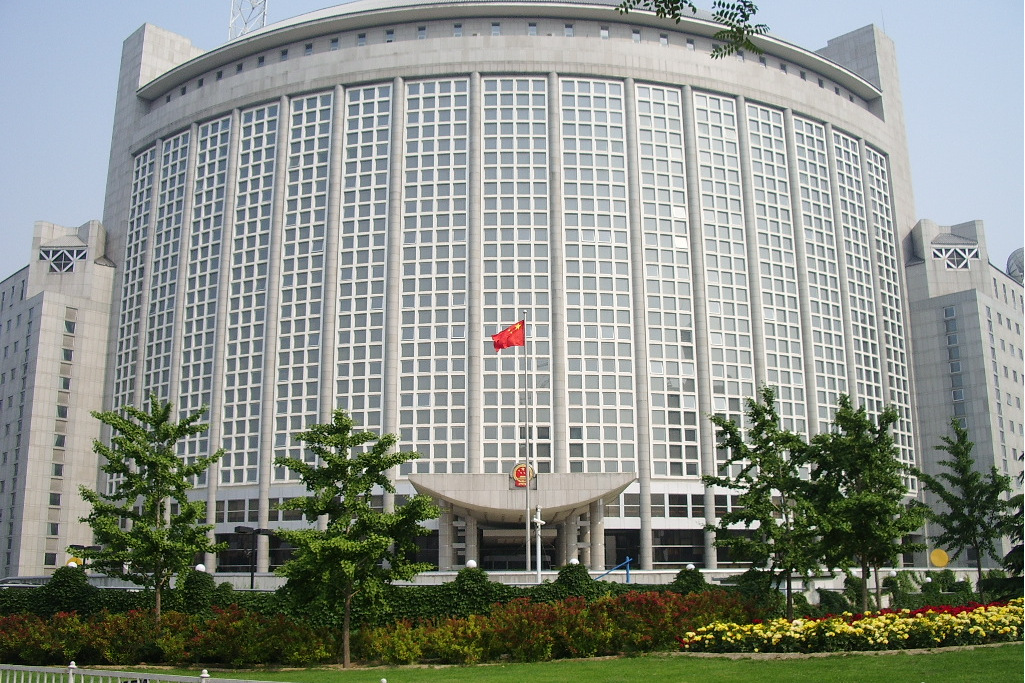
On 14 Oct. 2021, China Banking and Insurance Regulatory Commission (CBIRC) issued the “Provisional Rules on Major Shareholders Conduct of Banking and Insurance Institutions (For Trial Implementation)” (hereinafter “the Rules”, 银行保险机构大股东行为监管办法(试行)), which came into effect on 30 Sept. 2021.
In recent years, several major shareholders of banking and insurance institutions have abused their rights by, for example, tortiously interfering in corporate operations or pulling strings to gain control. Through the aforementioned ways, major shareholders can conduct related-party transactions in order to transfer profits and assets of the banking and insurance institutions to their affiliates.
This phenomenon seriously damages the legitimate rights and interests of small and medium shareholders as well as financial consumers. Therefore, CBIRC promulgated the Rules to curb the phenomenon.
The Rules sets out the code of conduct for major shareholders in participating corporate governance. It requires support for independent operations, prohibits undue interference, and regulates the exercise of voting rights, nomination rights, and other shareholder rights.
In terms of transactions, it clarifies the code of conduct for transactions and the manifestations of improper related-party transactions especially from the perspective of major shareholders, requiring their fulfillment of relevant obligations such as transaction management and cooperation in providing materials.
Cover Photo by Peter Burdon on Unsplash
Contributors: CJO Staff Contributors Team









